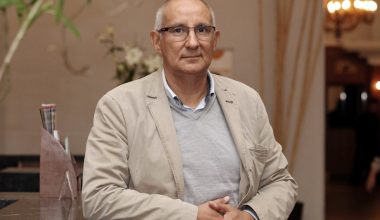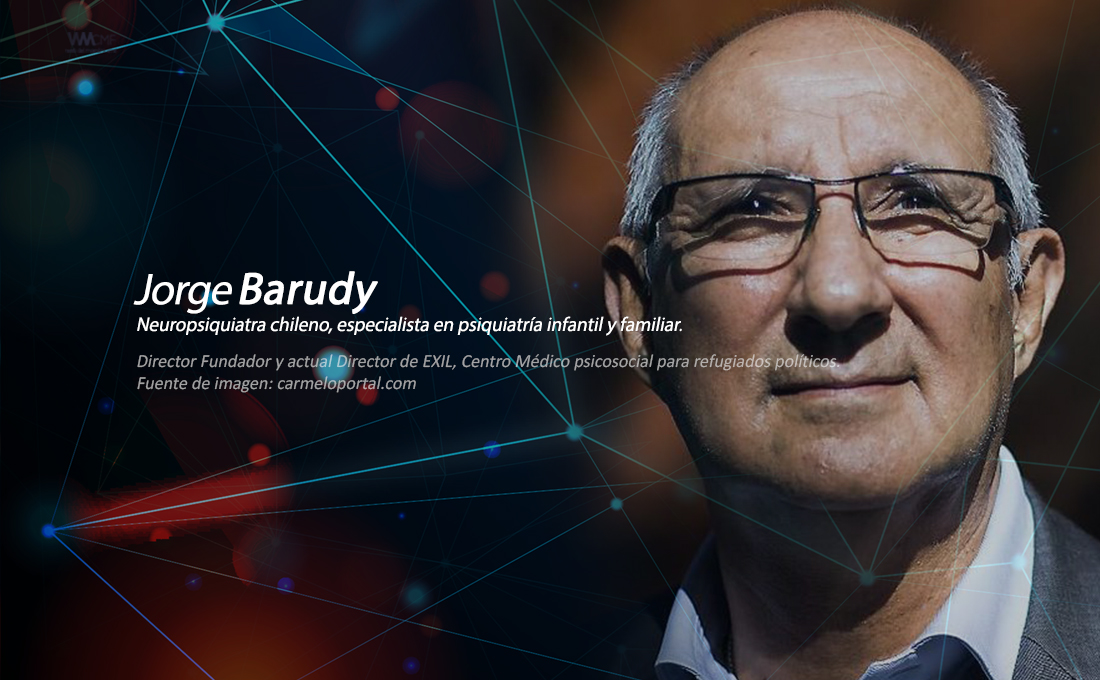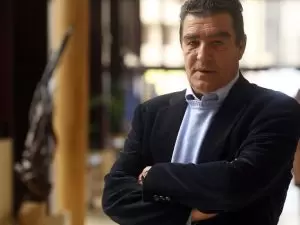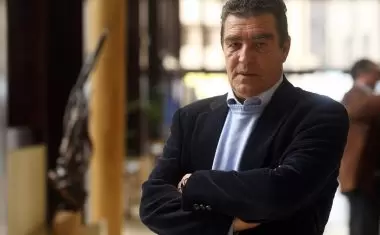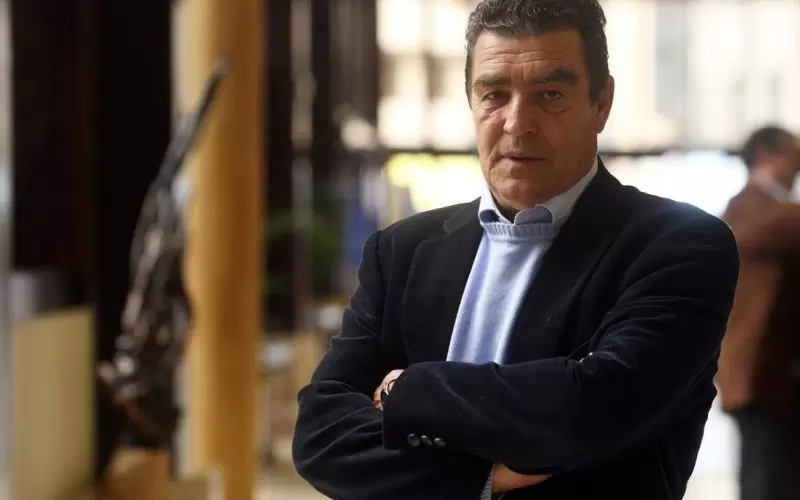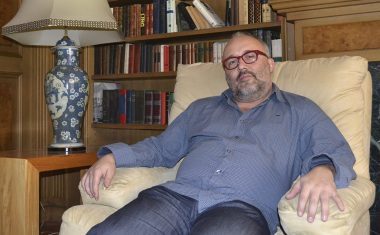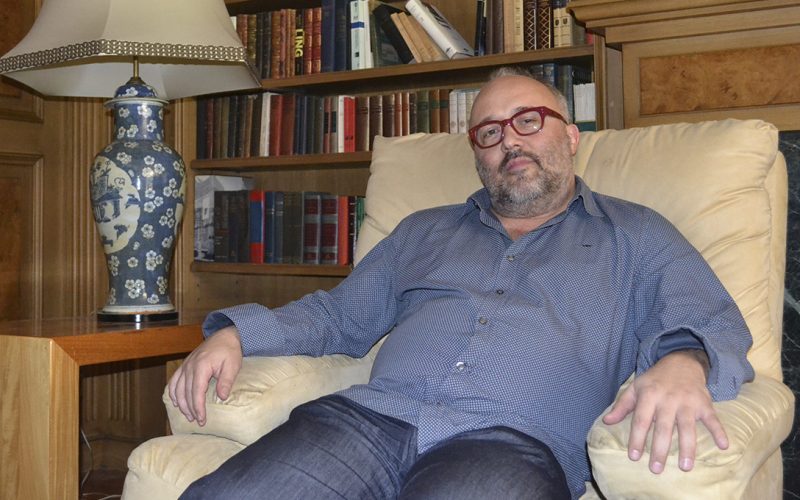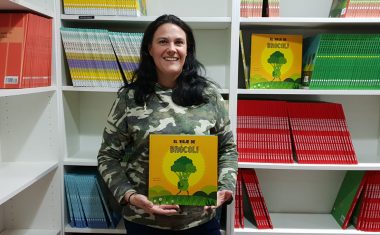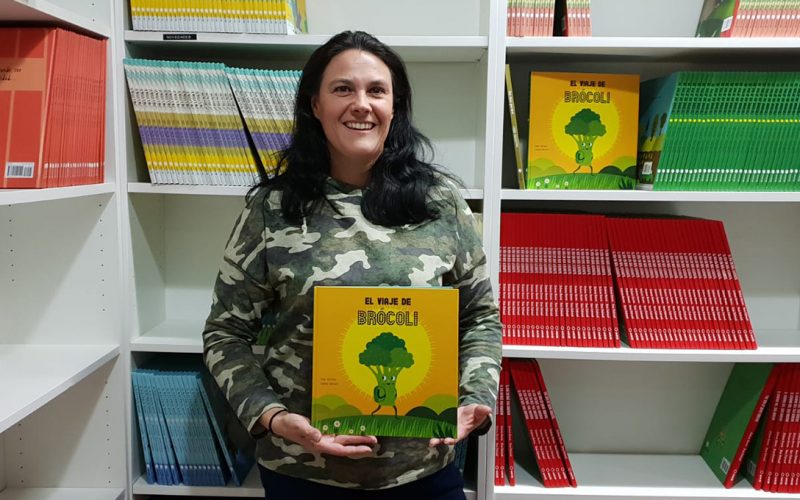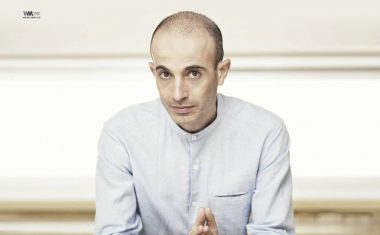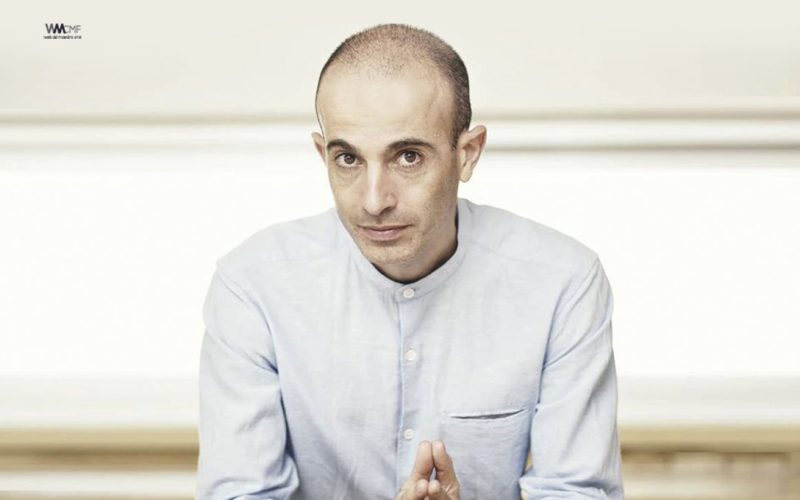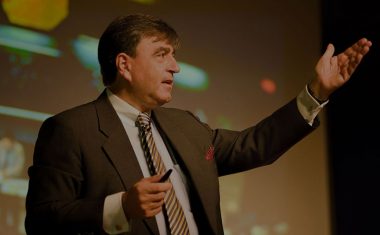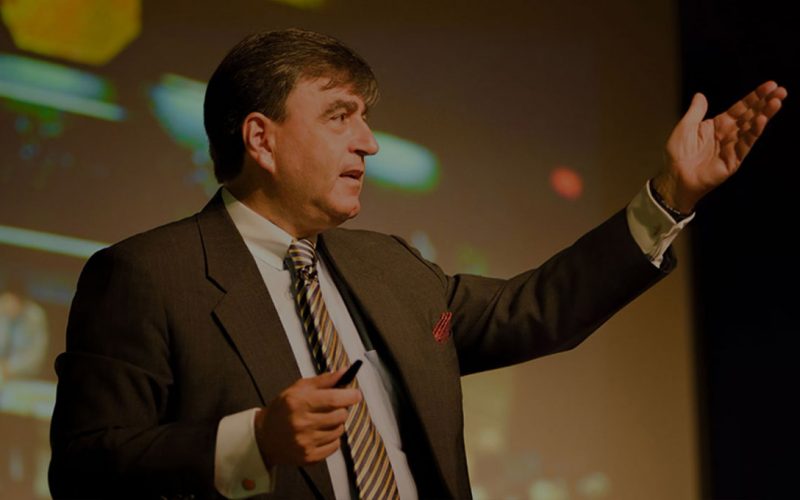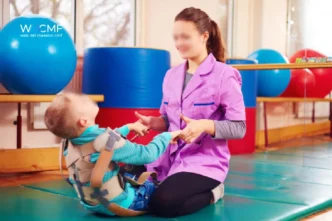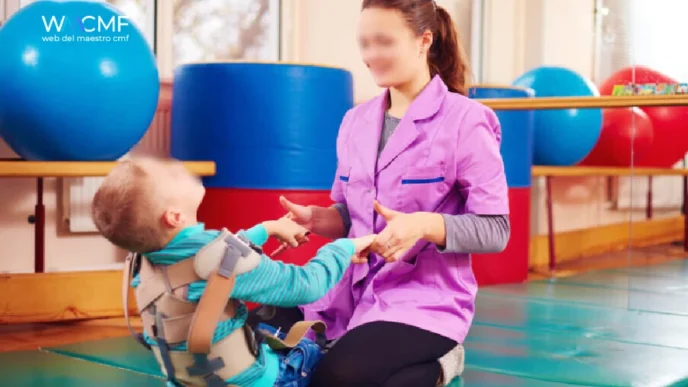Chilean neuropsyquiatrist educated in Belgium, currently living in Spain and specialist in in child and family psychiatry, Jorge Barudy is interviewed by psychologist José Luis Gonzalo Marrodán, for the Blog Buenos Tratos, by ABC (Spain) and by the journalist David Noriega for EL DIARIO (Spain), on subjects that, as teachers, we are interested in knowing to better manage the teaching task, such as the contributions of neurosciences, epigenetics, the attachment paradigm, resilience, good treatment for children, child protection, social responsibility and the roles of parents, school and society. We share parts of these interviews, solely for educational and permanent training purposes for educators, with the confidence that you will follow each link (specified at the end of the dialogue fragments) and complete the reading.
Jorge Barudy is the author and co-author of several articles on child abuse and child protection, handbooks on gender violence and its offsprings, and books such as “The invisible pain of childhood. An ecosystemic reading of child abuse»(1998),» Child abuse: social ecology: prevention and restitution»(1999),» Good treatment for children: Parenting, attachment and resilience «(2005),» Daughters and sons of resilient mothers” (2006),“ The invisible challenges of being a mother or father: Manual for the evaluation of parental skills and resilience ”(2009),“ The magical and realistic party of child resilience: Manual of therapeutic techniques to support and promote the resilience of children and adolescents ”(2011),“ Maternal intelligence. Guide to support good parenting and promote the resilience of mothers and fathers” (2014) and “Violence: Zero tolerance. Prevention and psychosocial support for boys and girls exposed to gender violence”. (2015).
Jorge Barudy: Chilean neuropsychiatrist, specialist in family and child psychiatry.
Founding Director and current EXIL Director, Medical Psychosocial Center for political refugees.
Image from: carmeloportal.com
JOSÉ LUIS GONZALO MARRODÁN: What do you think families, educators, teachers, psychologists and doctors who care for and work with children should bear in mind in their daily life and not forget?
JORGE BARUDY: “They should never forget that child welfare is the result of the actions of an entire community, that the entire tribe is needed to ensure the well-being of a child. In addition, we should always remind ourselves that our practices can be part of the suffering of children or, on the contrary, a source of well-being and resilience. To be on this side, it is important to nurture our practices with the contributions of neurosciences, epigenetics, the paradigm of attachment, resilience and that of good treatment for children. Finally, integrate that child protection is a duty, that when fulfilled it is a task that dignifies childhood professionals”. GOOD TREATMENTS, ATACHMENT, TRAUMA, DEVELOPMENT, RESILIENCE
Suggested article: Suggested reading: What is an unhealthy attachment? Learning and knowing how to teach to “close circles”
Interpersonal relationships in childhood (05´ 01”)
RG: I would like to ask you if other than parental competences, so complex and so numerous that it is necessary to develop, we could find a magic formula to make children resilient.
JORGE BARUDY: “If there is a key concept, it is the affection produced by secure attachment. Secure attachment is the ability of mothers and fathers to be able to respond to the attachment needs that children have instinctively, to feel protected, cared for, loved and obtaining there the possibility of developing the ability to explore the environment. The key word, not magic, would be this: affective relationships which lead to secure attachment”. IS THERE A MAGIC FORMULA TO MAKE CHILDREN RESILIENT?
Suggested article: FIVE SUGGESTIONS TO BUILD RESILIENCE IN THE EDUCATIONAL ENVIRONMENT.
DAVID NORIEGA: What do you mean when you talk about child abuse?
JORGE BARUDY: “All acts by action or omission that do not allow healthy development of children. Physical, sexual or psychological abuse, but also all kinds of neglect, especially the affective one. Also, the use or objectification of children in conflicts between adults, for example when they are used as hostages after a split or a divorce. Everything is abuse. If you expand it further, it does not happen only within the family. We speak of institutional and socioeconomic abuse. The concept is very broad”.
DAVID NORIEGA: What has neuroscience shown?
JORGE BARUDY: “I want to state very clearly that child well-being depends on the relation between genetic material and interpersonal relationships. Early relationships, up to three years and even during pregnancy, are very important to organize the healthy functioning of the mind. This idea implies a vision, an early detection of the adverse conditions that accompany pregnancy and the first years of life, which is very deficient in the eyes of authorities. There is still a glimmer, a belief, that babies do not suffer or do not realize about suffering”.
DAVID NORIEGA: What are the consequences of the events that take place during those early years?
JORGE BARUDY: “Early trauma is a fundamental foundation that serves to explain all mental disorders in adults. There is an important correlation. That is why early detection and intervention during childhood and adolescence is important. And, at the same time, we must insist that there is no enough awareness in the adult world that child protection is a task that involves the society as a whole”.
DAVID NORIEGA: Is abuse structural?
JORGE BARUDY: «Children are the most vulnerable social group dependent on adult care, and yet it is the most infringed regarding its rights. The fundamental right of a boy or a girl is to be well treated, not only in the family circle, but also in the institutional circles, such as school, and in the social circle, in the sense that it is the family the one that should provide the living conditions that can secure resources such as housing, access to health and everything necessary to properly accompany the upbringing.
The adult world is into great debt to its youth. There are authors, like the father of resilience, Boris Cyrulnik, to whom I adhere, who say that the current economic model, based on the ideology of the market and the importance of money and consumption, is a deadly threat for children. I would add: not only from a physical point of view, but also from a psychological and social point of view. Material well-being and promotion in the social ladder are prioritized over upbringing and natality. Childhood is at a disadvantage. If you add the fact that the distribution of resources continues to be deficient in relation to the needs of boys and girls to ensure healthy development, a great disadvantage is generated”. «CHILDREN USED IN DIVORCE CONFLICTS HAVE PSYCHOLOGICAL TRAUMA THAT COMPARES TO BEING ABUSED.«
Suggested reading: NEUROSCIENCE AND EDUCATION: PRINCIPLES EVERY EDUCATOR SHOULD KNOW.
Professor Barudy: “Many officers, even those who manage childhood services do so from ignorance, from lack of knowledge from burocratics, making many mistakes that prevent the rebirth of mirror neurons from ocurring, where intervention is part of the damage itself. Mirror neurons recover in loving environments, in environments where empathy flows where children are recognized as affected and not as guilty of the damage and are formed by expressing their pain and suffering”. AXIS TO TURN: JORGE BARUDY.
Related article: MIRROR NEURONS ARE MORE ACTIVE IN EMPATHS.
«Primary resilience is what produces secure attachment or good treatment in a child during the child’s early childhood allowing functional development, neural networks that will allow you to function properly because the boy or girl is well-established. This is the good treatment that occurs within the first three years of life. Therefore, being resilient is having potential”. (Ibid).
Original translation by Carla Zapata.
WEB DEL MAESTRO CMF
